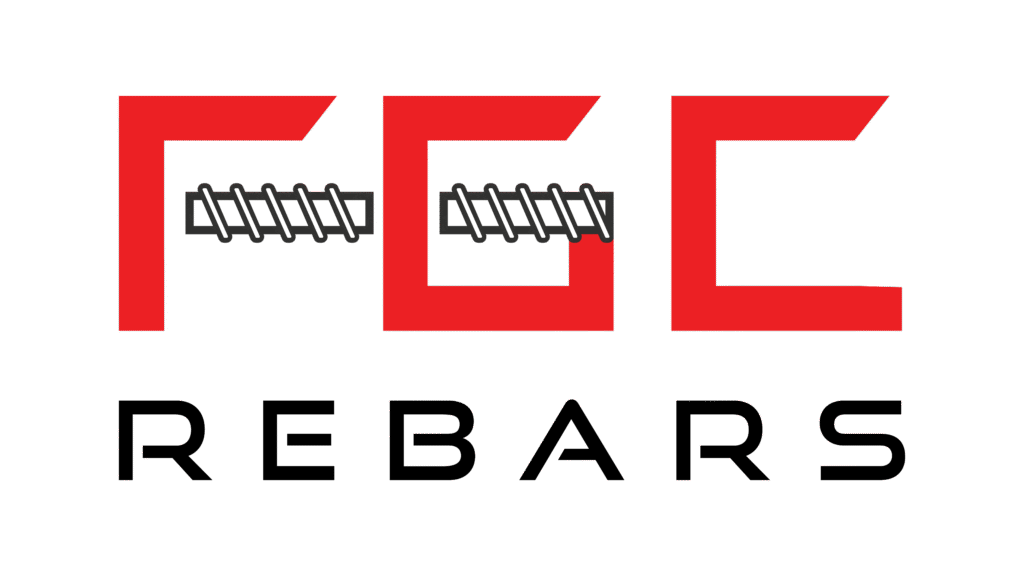FAQs
FGC Profiles
FiberGlass Composite (FGC) profiles are composite materials made by reinforcing polymers with glass fibers, offering high strength and durability.
There are a lot of benefits over traditional materials.
- Corrosion Resistance: Unlike metal, GFRP doesn’t corrode, making it ideal for harsh environments.
- Lightweight: They are significantly lighter than steel, easing transportation and installation.
- High Strength: Despite being lightweight, they are extremely strong and durable.
- Non-Conductive: They are electrical insulators, suitable for electrical applications.
For a detailed comparison with various materials, view this table.
There are a few limitations of FGC profiles:
- Unsuitable for welding: FGC profiles cannot be welded. However, they can be screwed in place using normal screws
- Temperature sensitivity: FGC profiles have limited sensitivity to very high temperature exceeding 200°C
- Bio-degradable: It is not bio-degradable
Due to their sturdiness and light-weight nature, they are extremely suitable for fencing, racks, gates, railings, platforms, frameworks, platforms, shedworks, poultry cages and partitions to name a few. Due to their versatility, the applications are endless.
FGC profiles often have a comparable or higher strength-to-weight ratio than steel, though their specific strengths vary based on the application.
Yes, they are more environmentally friendly due to their longer lifespan and lower energy requirements for production compared to traditional materials.
Installation of FGC profiles can be done in the same way as aluminum and other non-weldable products such as wood & UPVC profiles are installed, the most common way of fixing FGC profiles is using nuts and bolts buy they have excellent adhesion properties and can be glued using epoxy and polyurethane adhesives. The installation is often easier due to their lightweight nature.
Yes, FGC profiles can be customized to any length that is needed provided the MOQs are met (MOQ depends on specification type and color)
FGC has two major components – Glass (with melting point of 1200°C) and Resin (whose melting point varies between 60°C to 140°C). In the event of fire, the resin starts melting after a particular temperature but the glass stays intact till 1200°C. The advantage of FGC profiles is that they emit less smoke and also fire spreads slowly thereby allowing enough time for evacuation compared to other materials. Shinestar FGC profiles are all FR (Fire Retardant) Grade and can handle temperatures easily upto 120°C.
They require minimal maintenance, primarily inspections to ensure integrity, as they do not corrode like metal.
Switching to FGC profiles is beneficial because they offer longevity, reduced maintenance costs due to their corrosion resistance, and are environmentally friendly as they require less energy to produce than steel. As they come in multiple color options, painting and primer costs can be avoided in some applications. Also as this is a relatively new product in India, the chances of its theft is much lesser compared to steel as the scrap market has not yet fully developed for this.
FGC Rebars
FGC rebars are reinforcement bars made from glass fiber reinforced polymer, used as an alternative to traditional steel rebars.
FGC Rebars have a lot of benefits in construction:
- Corrosion Resistance: Unlike metal, GFRP doesn’t corrode, making it ideal for harsh environments.
- Lightweight: They are significantly lighter than steel, easing transportation and installation.
- High Strength: Despite being lightweight, they are extremely strong and durable. Infact its tensile strength is double that of steel.
- Non-Conductive: They are electrical insulators, suitable for electrical applications.
Drawbacks include less flexibility compared to steel, and different thermal expansion rates.
Their corrosion resistance significantly reduces the degradation of concrete structures, enhancing longevity.
FGC rebars are extremely suitable for Retaining Walls, Industrial Floors, Swimming Pool Foundation, Road construction, Water Tanks, Dams, Bridges, Rail Structures and Foundations of Buildings and Bridges.
They are generally resistant to environmental changes, though they have different thermal expansion rates compared to concrete.
Installation is similar to steel rebars but requires consideration of their lower bending flexibility.
Despite higher initial costs, their longevity and reduced maintenance needs make them cost-effective over time.
Yes. Bureau of Indian Standards (BIS) has come up with their standards for GFRP rebars. Shinestar FGC complies with all guidelines and is fully compliant with BIS.


